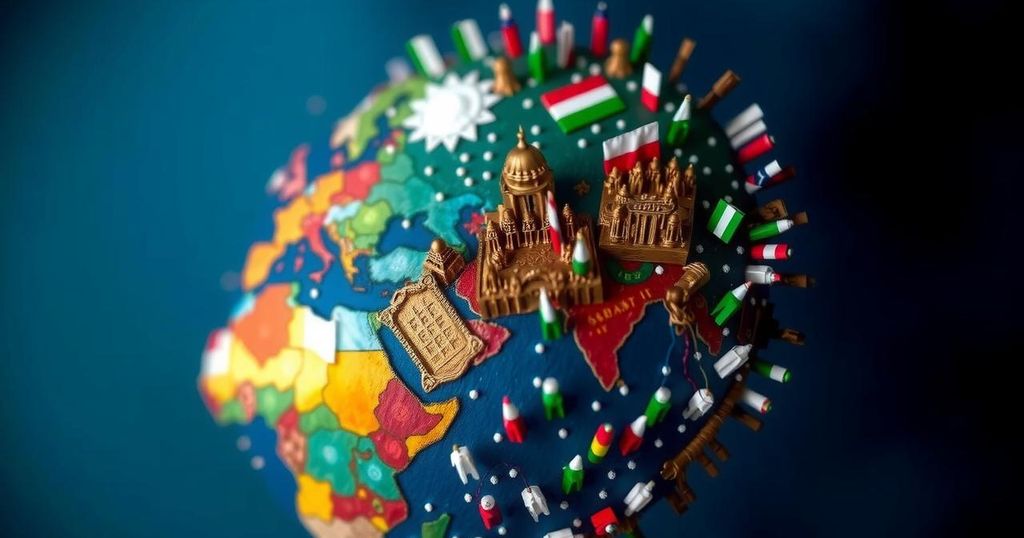COP29 Climate Talks Stalled as Developing Nations Reject Funding Proposal
The latest discussions during the COP29 U.N. Climate Summit have revealed a deepening divide between developed and developing countries regarding climate finance, as a rough draft deal proposing $250 billion annually by 2035 has faced major rejections. Activists also protest the perceived inadequacies in funding commitments, marking a crucial moment for negotiations as delegates seek a viable agreement to support vulnerable nations amid ongoing climate challenges.
At the COP29 United Nations Climate Summit in Baku, Azerbaijan, negotiations for climate finance are facing major challenges as developing nations reject a draft deal put forth by wealthier countries. The rough draft proposed committing $250 billion annually by 2035 to assist poorer nations in combating climate change, but this was deemed inadequate by many participants, especially those representing African nations and small island states. Activists have also expressed their dissatisfaction, staging demonstrations to advocate for more substantial financial commitments from developed countries.
Throughout the summit, negotiations intensified, with some delegates indicating that the proposal did not meet the pressing financial needs of developing nations, which require approximately $1.3 trillion to adapt to climate change effects. Tensions escalated during discussions as several negotiators walked out in protest against the deal, articulating concerns about being marginalized in the negotiation process. Furthermore, U.S. climate envoy John Podesta faced criticism from activists, accusing the U.S. of failing to contribute its fair share.
As discussions continued into the night, developing countries emphasized the need for more equitable terms, citing a potential ‘war of attrition’ wherein wealthier nations leverage their resources to dominate negotiations. The focus now shifts to finding an acceptable solution within the remaining time at the summit, as several ministers prepare to return home, raising urgency around the situation.
Given the critical state of negotiations, leaders reiterated the necessity for a viable agreement that addresses the historical commitments made to vulnerable nations. Despite current frustrations, some negotiators maintain optimism, emphasizing the importance of inclusivity and team collaboration moving forward.
The ongoing negotiations at the COP29 summit highlight longstanding issues regarding financial transfers from developed to developing nations, particularly in the context of climate change mitigation and adaptation. Under the Paris Agreement, wealthier nations pledged to provide support to vulnerable countries coping with climate impacts, yet substantial gaps remain between promised and actual funding. Developing nations seek substantial financial commitments that reflect the urgency of their situations, as evidenced by the need for $1.3 trillion to properly address environmental challenges. Disparities in negotiation power continue to create friction, complicating consensus-building processes.
The COP29 climate talks illustrate a significant disparity between the expectations of developing nations and the proposals offered by their wealthier counterparts. As dissatisfaction mounts among developing country representatives, the urgency for a realistic and equitable financial deal becomes more pronounced. Unless the concerns voiced by smaller nations and civil society are adequately addressed, the prospects for a successful agreement remain tenuous, potentially undermining the broader goals of the climate summit.
Original Source: apnews.com




Post Comment